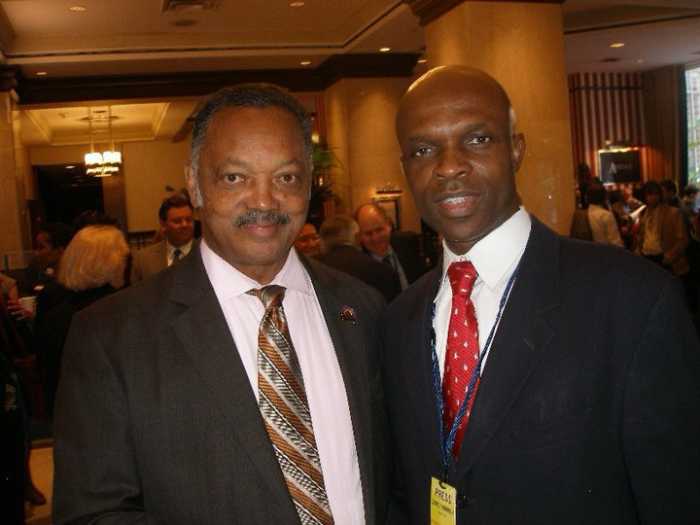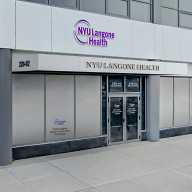By Larry Penner
The Metropolitan Transportation Authority’s $202 million contract award for a new New York City Transit Bus Radio System to support a fleet of 6,000 buses missed some issues of interest to bus riders and taxpayers. The award is well over one year late, based upon the original baseline project schedule.
Success of this project is dependent on coordination with and timely completion of the upgraded $150 million NYCT East New York Bus Command Center. Funding provided for both includes project milestones under grants from the United States Department of Transportation Federal Transit Administration. The base bid award still needs to execute an option clause to cover 1,300 buses operated by MTA Bus. A majority of MTA Bus equipment operates on routes previously served by Green Bus Lines, Jamaica Buses, Triboro Coach, Queens Surface, Command Bus, New York Bus and Liberty Lines Bronx Express private bus operators. Purchasing similar equipment for MTA Bus could easily cost an additional $50 million.
MTA NYCT has a poor track record for new technology projects when it comes to successful completion on time and within budget. Previous projects, such as Public Address Customer Information Systems, Automatic Train Supervision, Communication Based Train Control and Underground Police Radio systems had combined costs that totaled close to $1 billion. All four projects suffered significant delays during project scoping, design and engineering, procurement process and actual construction, followed by installation and testing. This resulted in each being completed several years late beyond original-project milestone schedules as contained in the first USDOT FTA grants, which provided funding.
The previous bus radio system project contract was awarded to Orbital Sciences Corporation in 1996. Funding was provided under a USDOT FTA grant. After four years of continued delays combined with unresolved challenges of interference by high-rise Manhattan buildings, the contract was terminated and the project canceled.
Both the new Bus Radio System and accompanying East New York Bus Command Center projects, due to their complex scope, are at risk to be completed years later than promised. Ditto for project budgets which may grow over time due to delays and change orders.
Both the Bus Radio System and East New York Command Center projects continue to provide updated quarterly financial and milestone progress reports to USDOT FTA. They are also supported by both MTA NYCT and USDOT FTA independent engineering firms that are providing oversight and technical assistance.
Let’s hope that MTA NYCT used lessons learned from earlier problems that plagued new technology projects. Taxpayers and commuters are counting on the MTA NYCT to complete new technology projects with each contractor based upon the agreed baseline budgets and detailed contract schedules.
The MTA NYCT needs to be more transparent with its own board, riders, taxpayers and transportation advocates on these and other capital procurements. The same is true for better oversight over third party contractors, maintenance of schedule and project budgets.
Larry Penner
Great Neck

































